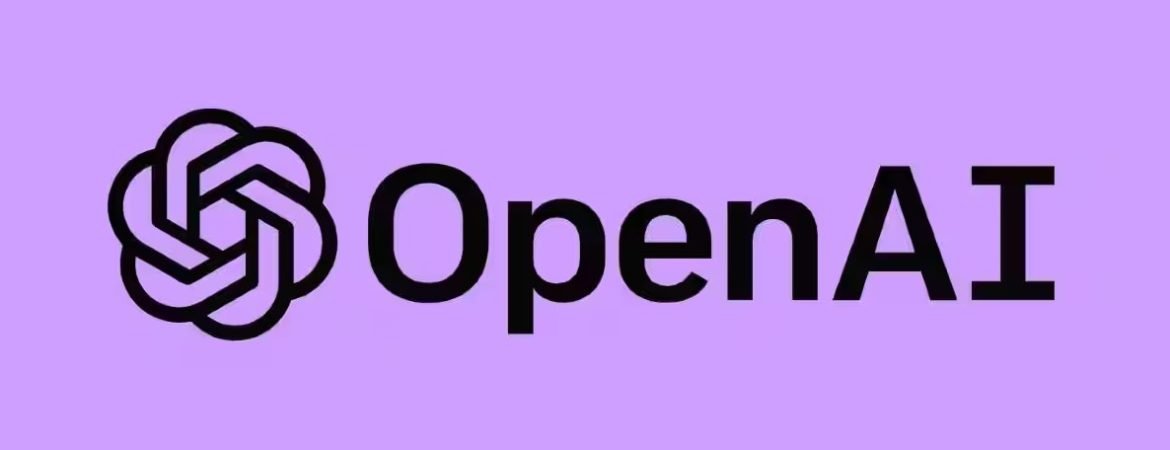Who Are The Key Competitors of OpenAI in the AI Industry?
Google’s DeepMind DeepMind, Google’s AI research lab, is one of the fiercest competitors of OpenAI. Despite few consumer-oriented products, the company has made remarkable strides in AI, developing practical machine learning models such as AlphaGo, AlphaFold, and the text-to-speech model WaveNet. The success of OpenAI’s ChatGPT inspired the integration of Google Brain and DeepMind, refocusing the company’s strategy toward consumer products. Despite past hesitations in launching AI products, Google poses a significant threat to OpenAI, backed by its AI expertise, resources, and ambition to infuse AI into its product line. Anthropic: The New Kid on the Block Anthropic, despite its recent inception in 2021, has drawn attention as a key competitor of OpenAI. Founded by ex-OpenAI employees who questioned the company’s approach to AI safety, Anthropic developed Claude, an AI chatbot with an emphasis on ethics and safety. While it still has room for improvement, Anthropic’s vision and significant funding make it a formidable contender in the AI space. Cohere: The B2B Competitor Cohere, an AI company offering language models to businesses, distinguishes itself by its focus on enterprise users. Founded by AI researchers, including a co-author of Google’s Transformer architecture paper, Cohere presents a wide array of text-processing products, from text summarization and generation to classification and semantic search. Although it directly competes with OpenAI, Cohere’s enterprise-oriented approach and its focus on high-performance, secure language models set it apart. Stability AI: Open-Sourcing AI Continuing the trend of open-sourcing models, Stability AI has made significant progress in the AI space, launching innovative models like Stable Diffusion, an advanced text-to-image model, and StableLM, an open-source alternative to ChatGPT. Despite fewer resources compared to its rivals, Stability AI’s commitment to open-source AI innovation makes it a noteworthy competitor. EleutherAI: A Nonprofit Challenger EleutherAI, a nonprofit AI research lab, has emerged as a prominent competitor to OpenAI, particularly in advocating for open-source AI. Born from a Discord server in 2020, EleutherAI has released significant open-source datasets and machine-learning models, such as The Pile and GPT-Neo. Despite resource challenges, the organization’s transition to a nonprofit research institute, backed by donations from various companies, fortifies its position in the AI arena. Hugging Face: The GitHub of Machine Learning While not an obvious rival, Hugging Face has established itself as a major player in the machine learning space. Serving as a platform for hosting, training, fine-tuning, and deploying models, Hugging Face lowers the barriers for training ML models, fostering the rise of future OpenAI challengers. It’s well-positioned to broaden its offerings in the future. The Future of AI Competition The competition among AI companies, including startups and tech giants, is expected to intensify. As AI becomes the “next big thing” in tech, companies like Facebook, Apple, and Amazon are likely to reveal their AI strategies. Meanwhile, startup investments in generative AI indicate the emergence of more alternative models to the likes of ChatGPT and Stable Diffusion. In this dynamic landscape, OpenAI is well-positioned to maintain its lead, given its years of experience, momentum, and strategic partnership with Microsoft. As we look forward, the field of AI is set for immense technological progress and innovation.



